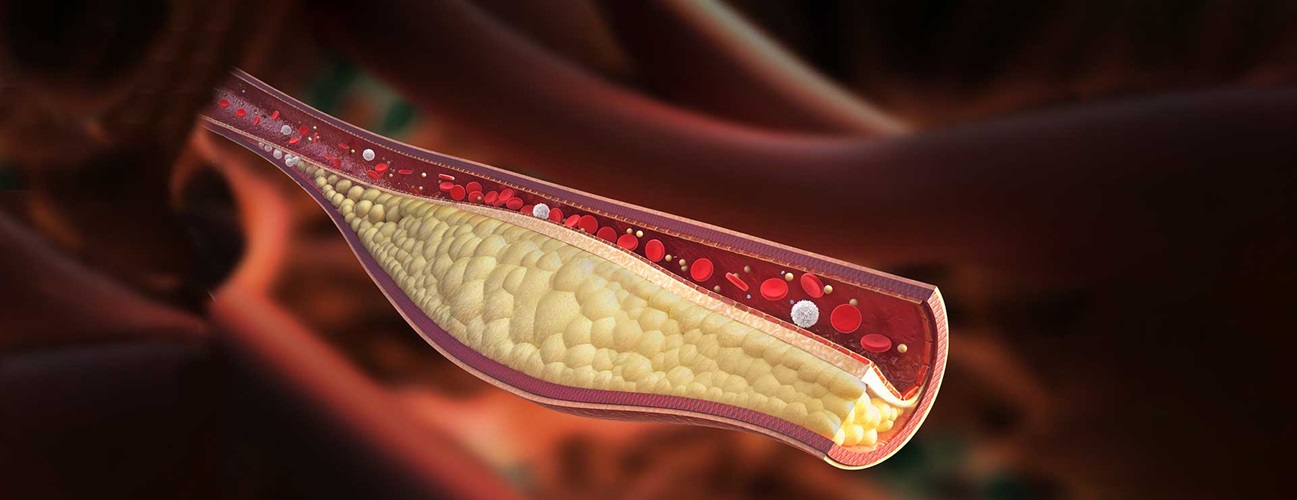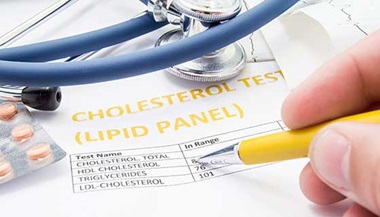Cholesterol: 5 Truths to Know
About 71 million Americans have high cholesterol. A large part of preventing and treating the condition is understanding it. Here are five important cholesterol facts to know for better health.

Cholesterol is a natural component in everyone’s blood, and supports functions within the body. It’s only when bad cholesterol causes plaque to build up in your arteries that it’s considered a major risk factor for heart attack, heart disease and stroke.
In fact, there are actually several different types of cholesterol. The most important one to focus attention on is low-density lipoprotein (LDL) cholesterol, which has been known as “bad” cholesterol. High levels of this substance in the blood can call for medication or lifestyle changes to bring them down.
Visit the Calculating Your Cholesterol article for more information.
Research Shows Accurately Measuring LDL Cholesterol is Important
Nearly one in four people found to have LDL cholesterol in the “desirable” level through an old calculation method actually may have needed more aggressive treatment, according to a study led by Seth Martin, M.D., M.H.S. at the Johns Hopkins University School of Medicine and published in 2013 in the Journal of the American College of Cardiology. The newer way of calculating LDL cholesterol, which the same researchers reported in the Journal of the American Medical Association later that year, provides a more individual and accurate assessment of risks.
Unsaturated fats can actually help keep cholesterol numbers low.
These include monounsaturated fats (such as nuts and olive oil) and polyunsaturated fats (such as fish and canola oil).
Statin benefits far outpace any risks.
A Johns Hopkins review of more than 20 years of studies on more than 150,000 individuals showed that the drugs’ risks (such as memory problems and diabetes) are very low, while their potential cardiovascular benefit is very high.
New guidelines help you and your doctor address high cholesterol effectively.
As of 2019, your health care provider has new guidelines for assessing your cardiovascular disease risk based on your LDL cholesterol levels, along with new recommendations for getting those readings down. You and your clinician can tailor an approach that fits your individual needs, combining lifestyle changes, medications and regular follow-ups.
An imaging test can detect the impact of cholesterol on your risk.
A coronary artery calcium scan uses computerized tomography (CT) technology to reveal the presence of calcium and plaque buildup in the walls of your heart’s arteries. It can detect the presence of heart disease before you have symptoms and give you and your doctor a chance to address your risk.
LDL cholesterol levels are a major factor in risk for cardiovascular disease.
New guidelines on assessing people’s risk for cardiovascular disease emphasize the importance of LDL cholesterol. For those with known heart disease whose LDL is 70 mg/dl or higher, medication can help bring levels down. Likewise, people without heart disease whose LDL is above 190 in two separate readings should be evaluated for an inherited condition called familial hypercholesterolemia (FH) and develop a treatment plan.
A new class of drugs can dramatically lower your LDL cholesterol.
PSCK9 inhibitors are introducing a new era in treating high cholesterol, especially the kind that’s genetically inherited. Treatment with PSCK9 inhibitors can cut LDL levels by 50% or more. Although the drugs are very expensive now, manufacturers, pharmacists and doctors are working together to help make them available to more patients.
Learn More About Cholesterol
Get further insights from Johns Hopkins experts on high cholesterol prevention and treatment.






